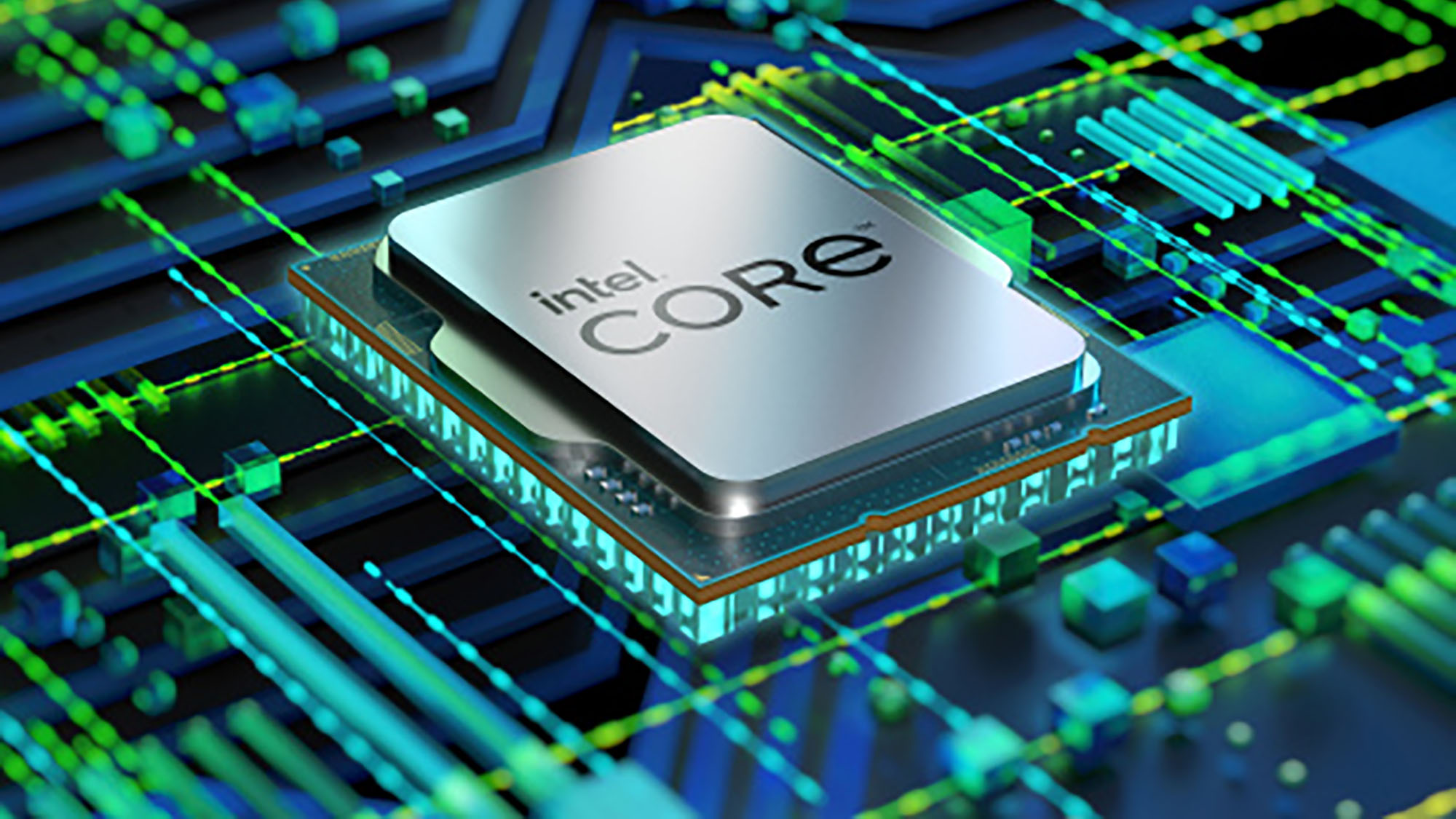Plenty of Windows laptops landed a spot on our latest list of the best laptops you can buy right now—but not for their battery life. Within the past three years, no Windows laptop has come close to matching the battery life of a MacBook. Intel’s new 14th Gen Meteor Lake chips may finally fix this and give Windows laptops the battery boost they desperately need.
Launching on December 14, these 14th Gen chips will be optimized for low power. Put simply, this means Windows laptops with Intel’s newest chip will experience a longer battery life despite receiving overall performance upgrades. Here’s how Intel plans to achieve this with Meteor Lake chips.
Intel’s Meteor Lake chip features low-power E-cores
Intel’s 12th Gen CPUs, also referred to as Alder Lake CPUs, were the first to use a microarchitecture scheme that combined performance cores (P-cores) and efficiency cores (E-cores) for a well-balanced experience. The smaller E-cores were used for background tasks or other less performance-intensive tasks.
The 13th Gen (Raptor Lake) chips improved upon this hybrid design by adding more E-cores and upgrading the existing P-cores and E-cores. Now, Intel is adding a third type of processor core into the mix: a low-power E-Core. Of course, the company is upgrading the P-Cores and E-Cores as well, but the low-power E-Cores are the most exciting element in these 14th Gen chips because they require very little from your battery.

According to PCWorld, at the Intel Innovation conference, the company played back a 4K video using only the low-power E-cores. If the low-power E-cores can handle that, they can handle all of your basic daily tasks, which means the total battery life of next year’s laptops should increase significantly.
Another feature that started with Intel’s 12th Gen hybrid chips was the built-in Thread Director, which basically acted as an usher for your computer tasks by first identifying the task and then routing it to the correct cores. With 13th Gen chips, the Thread Director was more focused on performance, pushing all tasks first to any free performance core (P-core). Only when all your P-cores were in use would the Thread Director start utilizing your efficiency cores (E-Cores).
With Intel’s new 14th Gen chips, the focus has completely flipped. Initiated tasks, or threads, will first be routed to the low-power E-cores, then to the E-cores, and then to the P-cores. Supposedly, this will even be the path for “performance” tasks, but if it’s a demanding enough task, it should have no issue rising up the ranks to utilize the chip’s P-cores.
If Intel’s Meteor Lake chips function as the company claims they will, we’ll hopefully see more recent Windows laptops on our list of laptops with the best battery life. Otherwise, more longtime Windows fans could be pushed to MacBooks.
Back to Ultrabook Laptops
Source link
 notebook.co.id informasi dan review notebook laptop tablet dan pc
notebook.co.id informasi dan review notebook laptop tablet dan pc